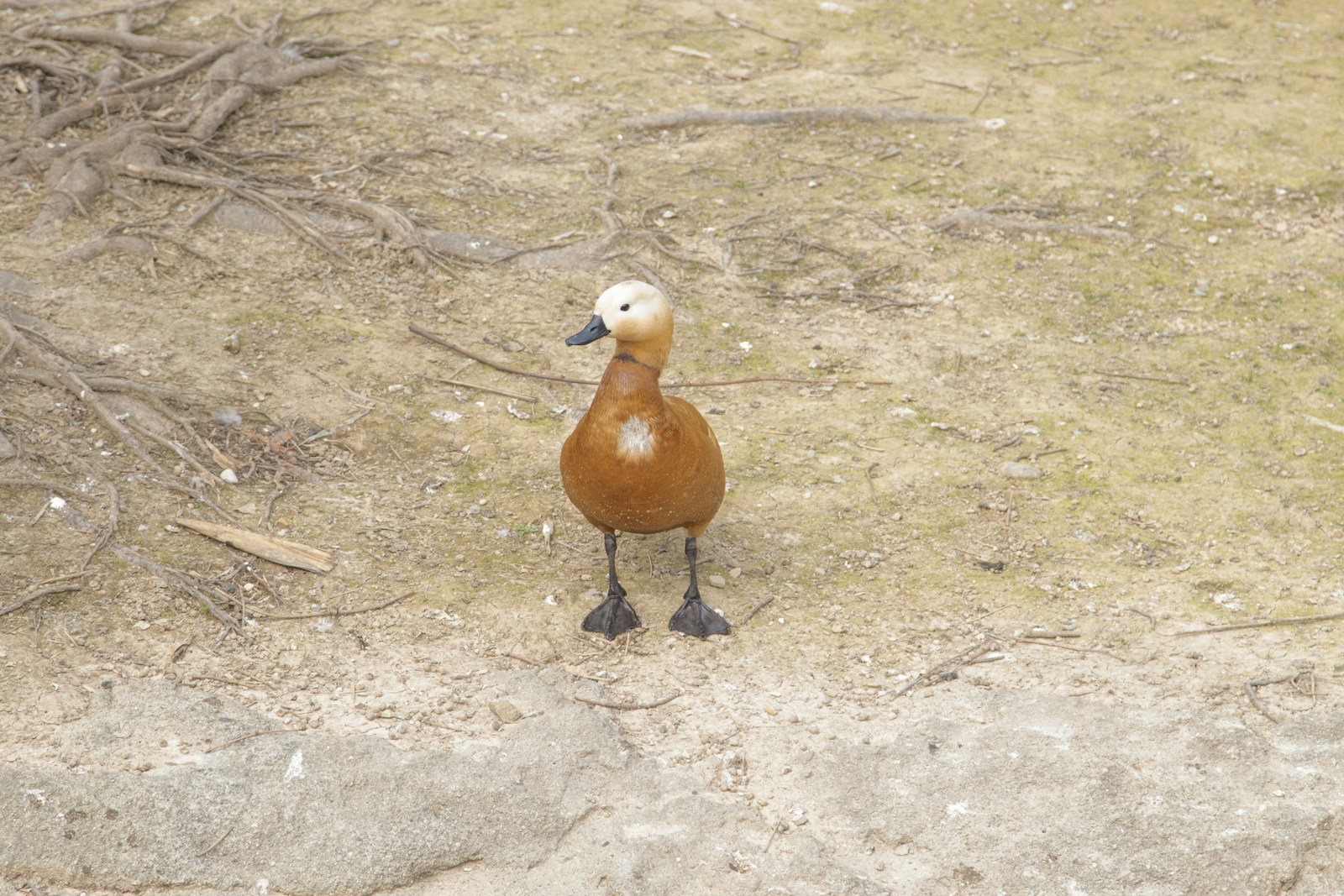
proteger

protect
The Spanish verb for 'protect' is 'proteger'. It is often used in the same contexts as in English, that is to denote taking measures to ensure the safety or well-being of someone or something. For example, 'El policía está aquí para proteger a la gente.' means 'The police officer is here to protect the people.'
Example sentences using: proteger
Tenemos que proteger el medio ambiente.

We have to protect the environment.
This phrase is emphasising on the need to care for and preserve our environment. It can be used in any context discussing environmental issues or measures to conserve nature.
Es importante proteger la privacidad en línea.

It's important to protect online privacy.
Here, the phrase emphasizes the importance of safeguarding one's private information or activities while using the internet.
El perro protege a su dueño.

The dog protects its owner.
It is showing the protector or guardian role that a pet, especially a dog, can play for its owner.
Voy a proteger este secreto.

I am going to protect this secret.
This phrase is used when promising to keep some information confidential and not disclosing it to anyone else.
Deberíamos proteger nuestras tradiciones.

We should protect our traditions.
This sentence refers to the need to preserve and keep alive our inherited customs and traditions.
Mi trabajo es proteger la ley.

My job is to protect the law.
This phrase would mostly be used by someone in the legal or law enforcement field, emphasizing their duty to uphold the law.
Yo protejo a mi familia con todo mi corazón.

I protect my family with all my heart.
This phrase makes a strong statement about family love and the willingness to ensure their safety and wellbeing.
Debemos proteger a los animales de la crueldad.

We must protect animals from cruelty.
This phrase can be used in any context debating animal rights and protesting against animal cruelty.
Ella protegerá su título con orgullo.

She will protect her title proudly.
This sentence could relate to a sport or competition context, where a champion is determined to retain their winning title.
El gobierno debe proteger a sus ciudadanos.

The government should protect its citizens.
This sentence is typically used in a political or societal context, stating the responsibility of the government.